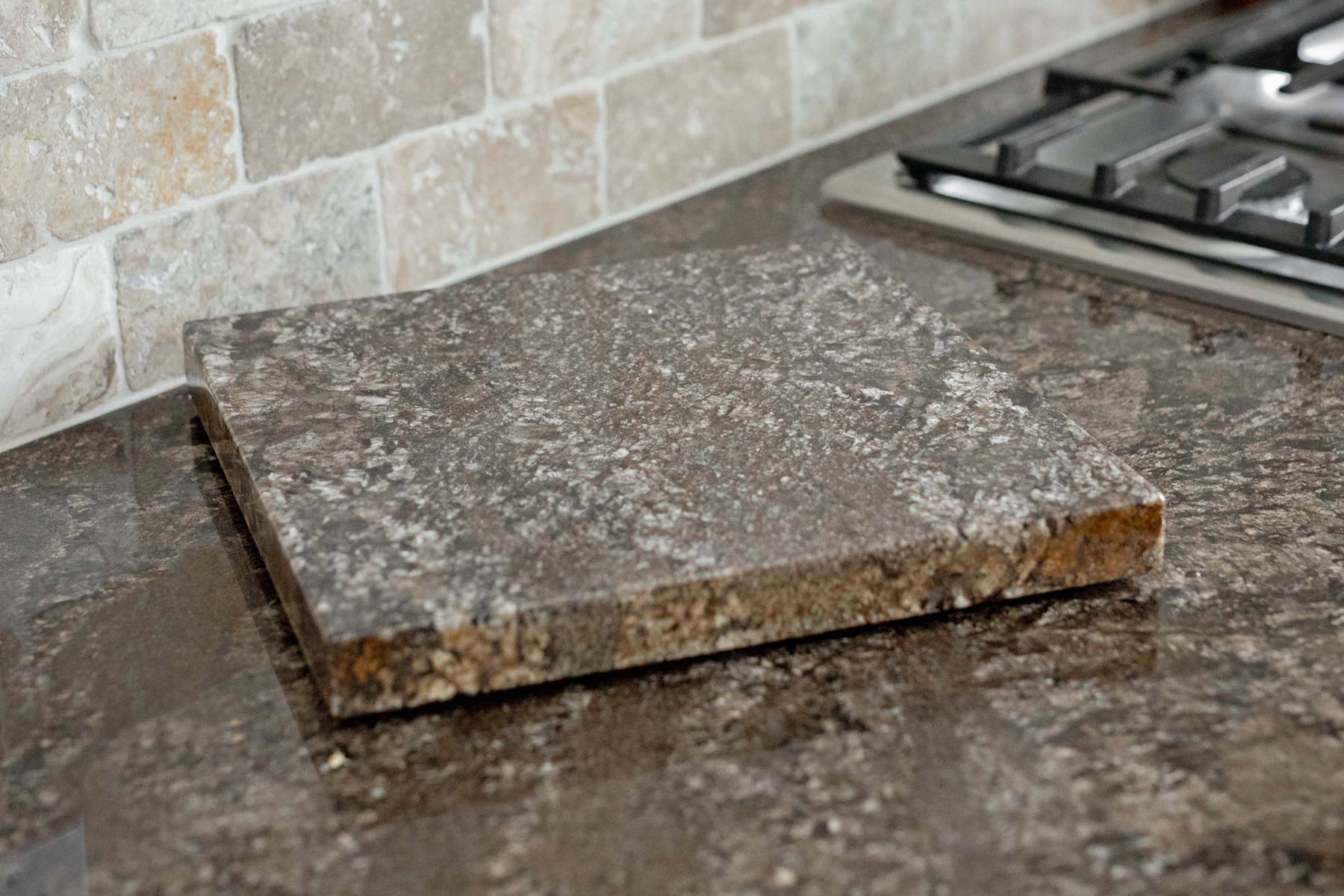Marble Countertops
Marble countertops have long been revered for their timeless elegance and unique beauty. Synonymous with luxury, they bring a touch of sophistication and natural charm to any kitchen or bathroom. In this guide, we delve into the world of marble as a countertop material, exploring its inherent allure and fundamental characteristics. This exploration is essential for homeowners considering marble for their next home improvement project.
The Allure of Marble Countertops
Each marble slab is unique and distinctive, with intricate veining and a range of colors that can range from classic whites and grays to more exotic pinks and greens. This natural stone has a luminous quality, with a light-reflective surface that adds brightness and visual depth to any room. Marble’s aesthetic appeal is timeless, fitting seamlessly into a variety of decor styles, from the ultra-modern to the traditionally classic. Its presence in a home not only elevates the space’s design but also adds value to the property.
Understanding the Basics of Marble as a Countertop Material
Marble is a metamorphic rock formed from the recrystallization of limestone. Its signature veining is the result of mineral impurities in the original limestone, and these patterns and colors vary depending on the area of quarrying. This uniqueness is what makes marble so desirable. When it comes to countertops, marble is valued not only for its beauty but also for its heat-resistant properties, making it a popular choice in kitchens. However, it's softer and more porous than some other stone options, like granite, which necessitates careful consideration regarding maintenance and usage to preserve its pristine appearance.
Understanding these basics sets the foundation for exploring whether marble is the right choice for your home, its cost implications, and the installation process. As we move forward, we'll address these key considerations in detail, providing comprehensive insights to inform your decision-making.
Assessing Suitability
When considering marble for your countertops, assessing its suitability for your home and lifestyle is crucial. Marble’s elegance is undeniable, but it’s important to understand how it aligns with your daily use and long-term expectations.
Is a Marble Countertop Right for Your Home?
Marble countertops are a hallmark of luxury and can be a stunning addition to any kitchen or bathroom. However, deciding if they are the right choice for your home involves several factors:
- Aesthetic Appeal: Marble’s unique veining and color variations can complement a variety of design themes. If you’re looking for a statement piece that adds character and sophistication, marble is an excellent choice.
- Usage Patterns: Consider how you use your kitchen. If you do a lot of cooking, particularly with acidic substances like lemon juice or vinegar, remember that marble can be prone to etching and staining.
- Budget Considerations: Marble is often a more expensive option compared to other materials. Ensure that it aligns with your remodeling budget, keeping in mind both the initial cost and long-term maintenance.
Lifestyle and Usage Considerations for Marble Countertops
Marble is a beautiful but high-maintenance option. Your lifestyle and how you use your kitchen or bathroom play significant roles in determining if marble is suitable:
- Maintenance Requirements: Marble requires regular sealing to protect against stains. If you’re not keen on frequent maintenance, marble might not be the best option.
- Durability Concerns: While marble is durable, it's not as hard as granite. It can scratch and chip more easily, so consider this if you have a busy kitchen.
- Family Considerations: Homes with children or pets might need a more forgiving countertop material. Marble can show wear and tear more readily than other options.
In summary, while marble countertops can elevate the look of your home, they are best suited for environments where their maintenance needs can be met, and their beauty can be preserved. Understanding the demands of marble in relation to your lifestyle and usage patterns is key to making an informed decision.
Understanding Marble Countertop Costs
Investing in marble countertops is an important financial decision. Understanding the factors that influence their cost and having a clear idea of the price range is crucial for effective budget planning.
Factors Influencing the Cost of Marble
The cost of marble countertops is determined by a variety of factors:
- Quality of Marble: The purity, veining, and color of the marble slab can significantly affect its price, with rarer patterns and colors typically costing more.
- Thickness of the Slab: The price increases with the thickness of the marble slab. Standard thicknesses are more budget-friendly, while thicker slabs command a higher price.
- Origin of Marble: Marble sourced from renowned quarries like those in Italy can be more expensive due to the costs of transportation and handling.
- Installation Complexity: The overall cost can vary based on the complexity of your installation. Custom cuts, intricate edge designs, and specific installation challenges can raise the price.
- Additional Features: Customizations like backsplashes or unique finishes will also contribute to the total cost.
Average Price Range for Marble Countertops
The cost of marble countertops can vary widely, but general price ranges are as follows:
- Basic Range: Entry-level marble countertops typically start from $40 to $60 per square foot. This range is suitable for those seeking the marble aesthetic without a high cost.
- Mid-Range: For mid-range marble, prices usually vary between $60 to $100 per square foot. This range offers a good balance of quality, variety, and affordability.
- Premium Range: High-end marble countertops, characterized by exceptional patterns, colors, and thickness, can cost anywhere from $100 to $200 per square foot or more. This category often includes rare and imported varieties.
It's important to note that these prices are subject to change based on market conditions and do not include installation costs, which can vary based on location and project specifics.
Marble vs. Other Countertop Materials
When selecting countertop materials, it's important to compare marble with other popular options. This comparison not only revolves around cost but also includes key features like durability, maintenance, and aesthetic appeal.
Cost and Features Comparison
- Marble vs. Granite: Granite is often less expensive than marble, with prices typically ranging from $40 to $100 per square foot. Granite is more durable and less porous than marble, making it more resistant to stains and scratches. However, marble offers unique veining and a classic look that granite can’t match.
- Marble vs. Quartz: Quartz is a manufactured product and can range in price from $50 to $120 per square foot, similar to mid-range and premium marble. It offers greater consistency in color and pattern than marble but lacks the natural uniqueness of marble. Quartz is also more durable and requires less maintenance.
- Marble vs. Laminate: Laminate is the most budget-friendly option, usually costing $20 to $50 per square foot. While it offers a variety of design options, laminate doesn’t provide the same luxurious feel or longevity as marble.
Making the Right Choice for Your Home
Choosing the right countertop material depends on various factors:
- Budget: Your budget is a primary consideration. If you love the look of marble but have a limited budget, consider granite or laminate that mimic marble’s appearance.
- Usage and Lifestyle: Think about your lifestyle and kitchen usage. Marble requires more maintenance and is more prone to staining and etching. If you have a busy kitchen or young children, quartz or granite might be more practical.
- Aesthetic Preferences: Consider the style you wish to achieve. Marble offers a unique elegance and a timeless appeal that can’t be entirely replicated by other materials.
While marble countertops offer unparalleled beauty and elegance, other materials like granite, quartz, and laminate provide different benefits in terms of cost, durability, and maintenance. Evaluating your budget, lifestyle, and aesthetic preferences will help you make the best choice for your home's countertops.

The Installation Process of Marble Countertops
Installing marble countertops is a meticulous process that requires skill and precision. Understanding the steps involved can help you appreciate the complexity of the task and plan accordingly.
Step-by-Step Guide to Installation
The installation process typically involves the following steps:
- Choosing the Slab: The first step is selecting the marble slab. This involves considering the color, veining, and size that best fits your space.
- Measurement and Template Creation: Professional installers will measure your countertop area and create a template to ensure a perfect fit.
- Slab Cutting and Edging: The marble slab is then cut according to the template. Edging details are also shaped at this stage, depending on your preference.
- Surface Preparation: The area where the countertop will be installed is prepared. Old countertops are removed, and cabinets are reinforced if necessary.
- Installation: The cut marble is carefully transported and installed onto the cabinets. This process requires precision to ensure a level surface.
- Sealing the Marble: After installation, the marble is sealed to protect against stains and etching.
- Final Inspection: A final inspection is conducted to ensure the countertop is correctly installed and finished.
Understanding Labor Costs and Timeframes
Labor costs for marble countertop installation can vary based on several factors:
- Complexity of the Project: Customizations, such as unique edge designs or backsplashes, can increase labor costs.
- Geographical Location: Labor costs can vary depending on your location and the availability of skilled professionals.
- Duration of the Project: The time required for installation can impact the cost. Generally, the installation process can take a few days to a week, depending on the project's complexity.
On average, labor costs for marble countertop installation can range from $30 to $60 per square foot, in addition to the cost of the marble itself. This is a rough estimate, and the actual cost may vary.
In summary, the installation process of marble countertops involves several detailed steps, from slab selection to final inspection. Understanding these steps, along with the associated labor costs and timeframes, is crucial for homeowners planning to install marble countertops in their homes.
Additional Expenses to Consider
When budgeting for marble countertops, it’s important to account for not just the cost of the marble and installation labor, but also additional expenses that can arise. These often-overlooked costs can impact the overall budget for your countertop project.
Edging, Sealing, and Backsplash Costs
- Edging: The cost of edging can vary depending on the complexity of the design. Simple edges are usually included in the installation cost, but more elaborate designs like ogee or waterfall edges can increase the price.
- Sealing: Marble is a porous material and requires sealing to prevent stains and etching. Initial sealing is often done post-installation, but regular resealing, typically once a year, incurs an additional cost.
- Backsplash: If you opt for a marble backsplash to complement your countertops, this will add to the total cost. The price depends on the size of the backsplash and the marble's style and design.
Unexpected Costs and Budgeting Tips
- Structural Adjustments: Sometimes, additional cabinet reinforcement or structural adjustments are needed to support the weight of the marble, leading to extra costs.
- Repair and Maintenance: Factor in potential repair or maintenance expenses. While marble is durable, it's not impervious to damage.
- Budgeting Tips: To manage your budget effectively:
- Get detailed quotes that include all potential costs.
- Allow a buffer of 10-15% in your budget for unexpected expenses.
- Consider alternatives or adjustments (like simpler edge designs) if costs exceed your budget
Marble Countertops at The Granite Shop
Choosing marble countertops for your home is a decision that brings timeless elegance and luxury. Throughout this guide, we’ve explored the key considerations for anyone contemplating marble for their kitchen or bathroom. From understanding the unique allure of marble and assessing its suitability for your lifestyle, to navigating the costs and intricacies of installation, we've covered the essential aspects to consider. Additional expenses, such as edging, sealing, and potential backsplash costs, as well as tips for effective budgeting, were also discussed to provide a comprehensive overview.
If you're considering marble countertops, or if you're still weighing your options among various countertop materials, we invite you to contact The Granite Shop. Our team of experts is here to provide you with personalized guidance and an extensive selection of high-quality marble options. We understand the nuances of choosing the perfect countertop and are committed to helping you find the ideal match for your home, style, and budget. Visit us to explore our range of marble countertops and take the first step towards bringing your dream kitchen or bathroom to life.
Explore Other Articles

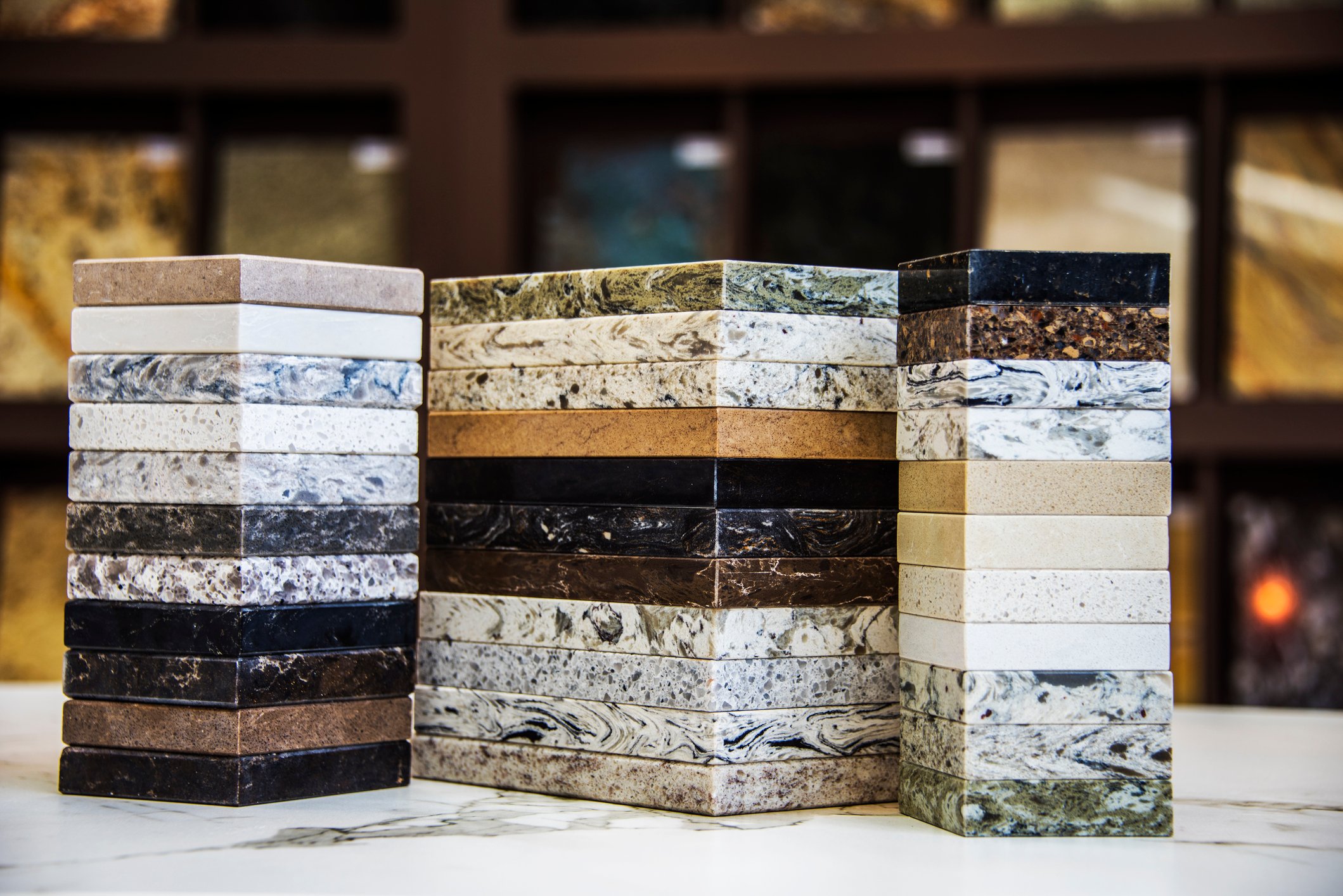
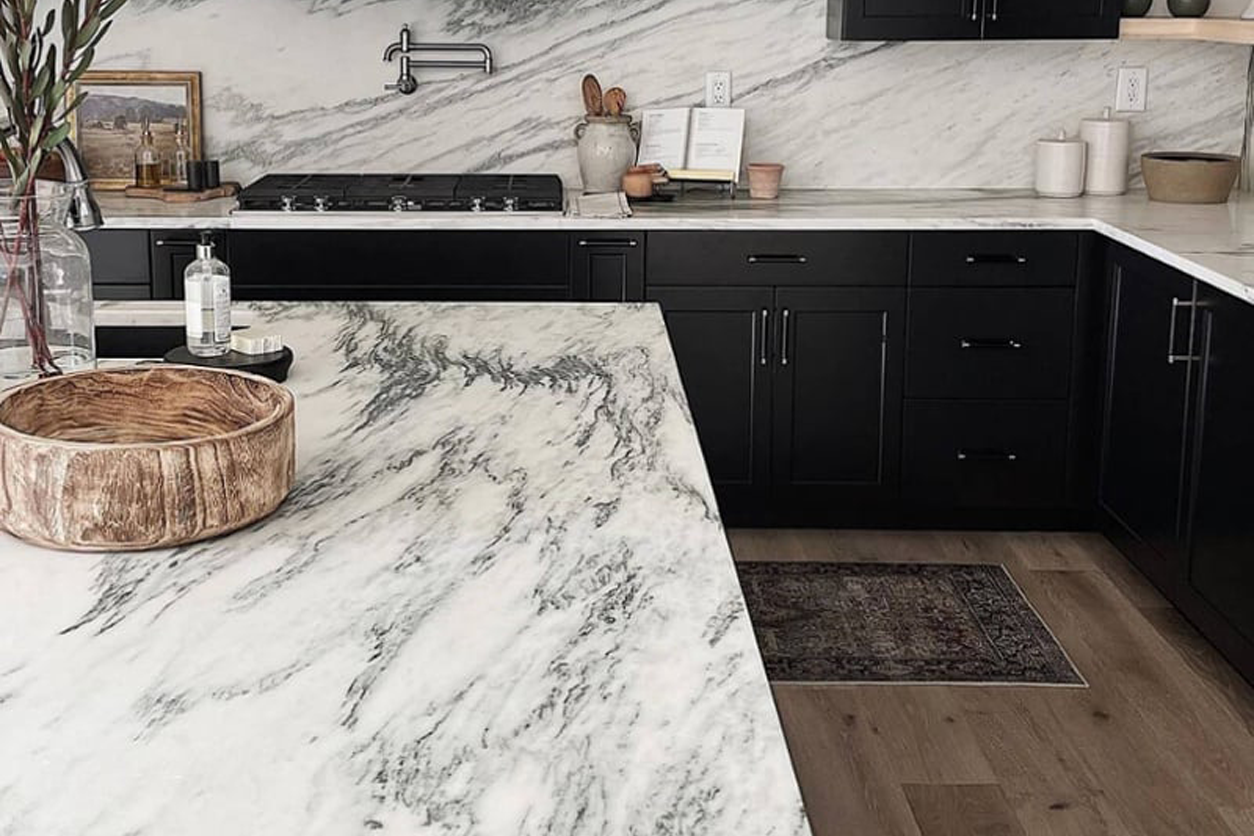

.jpg)
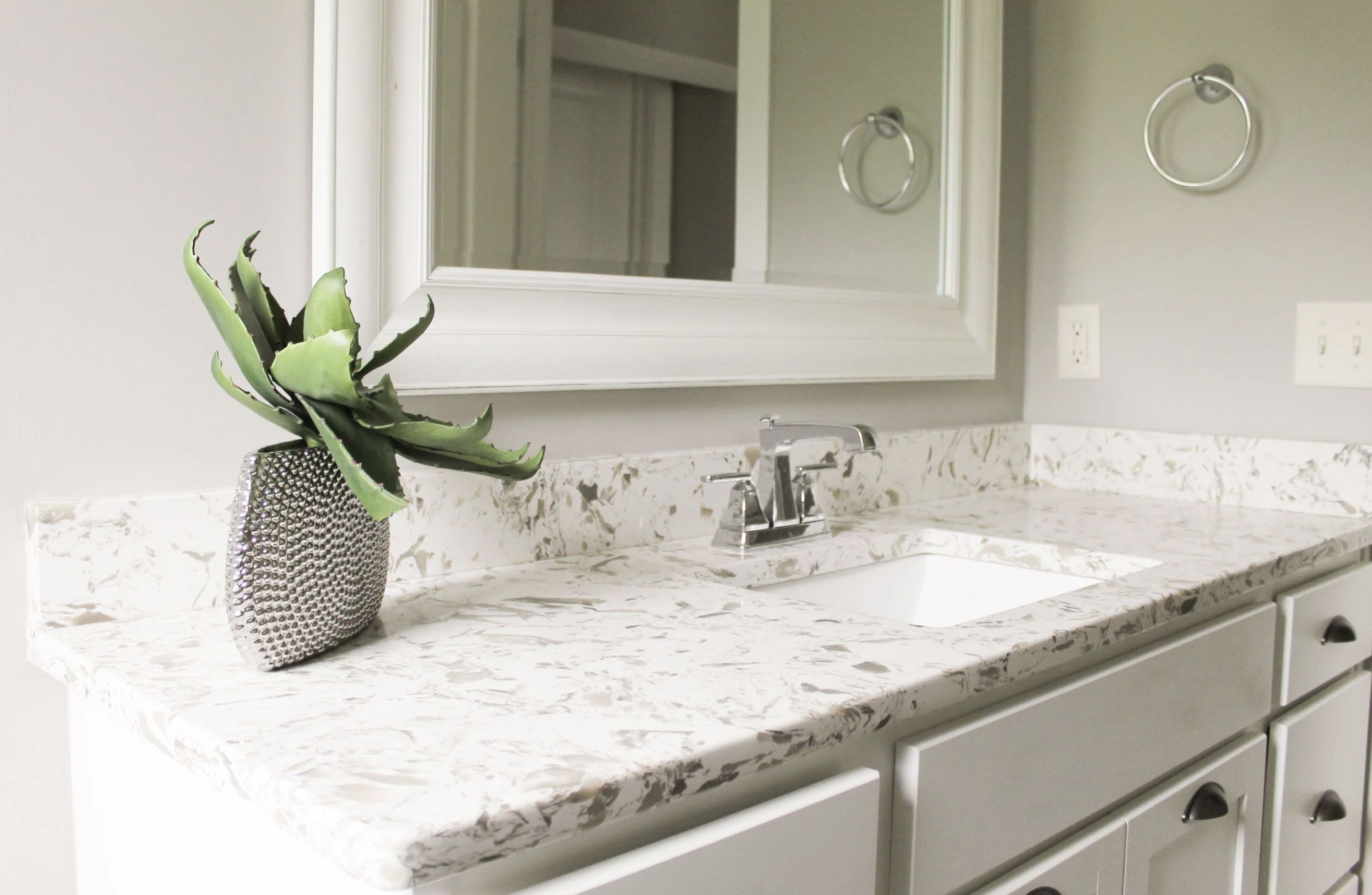
%20(1)-jpg.jpeg)
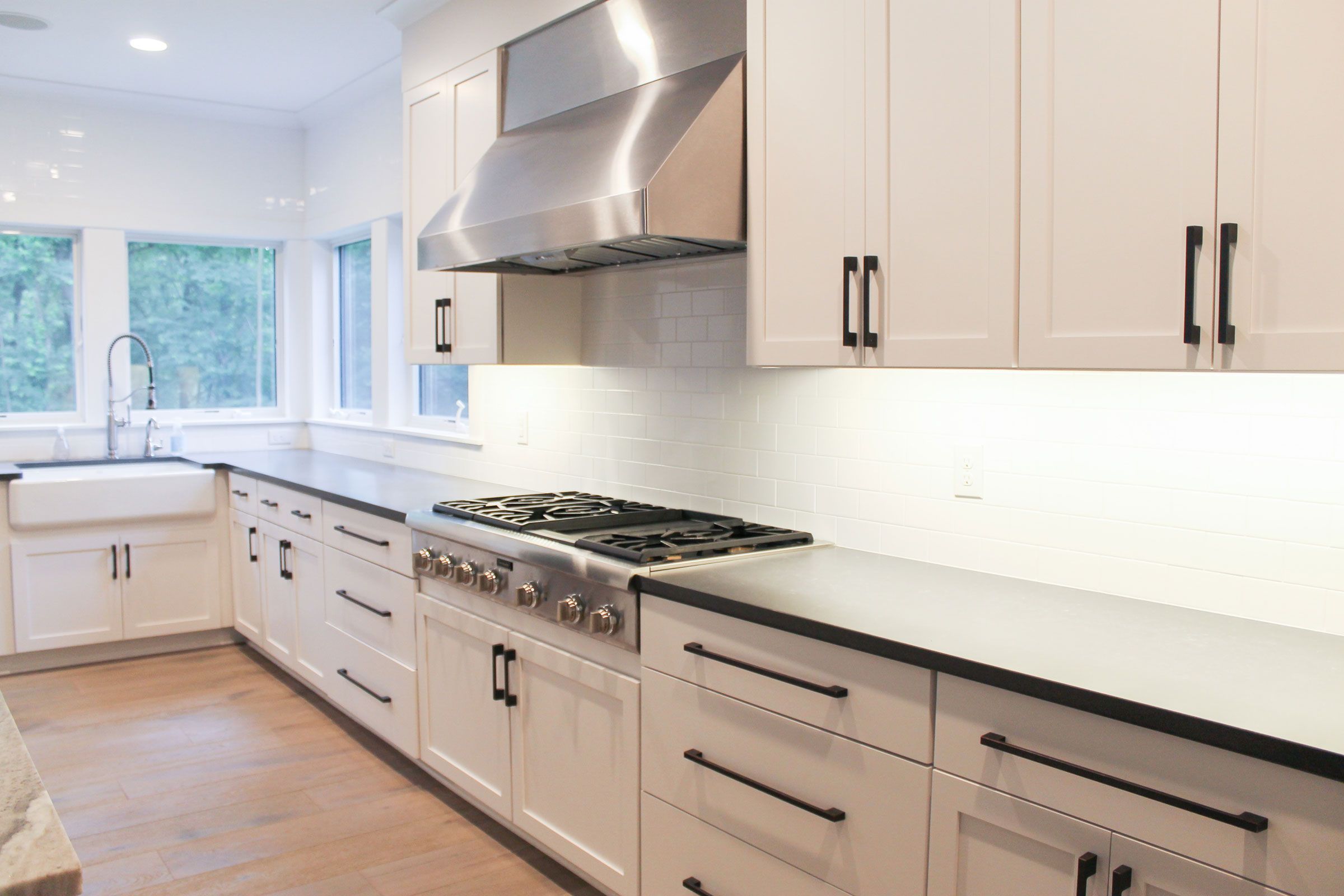
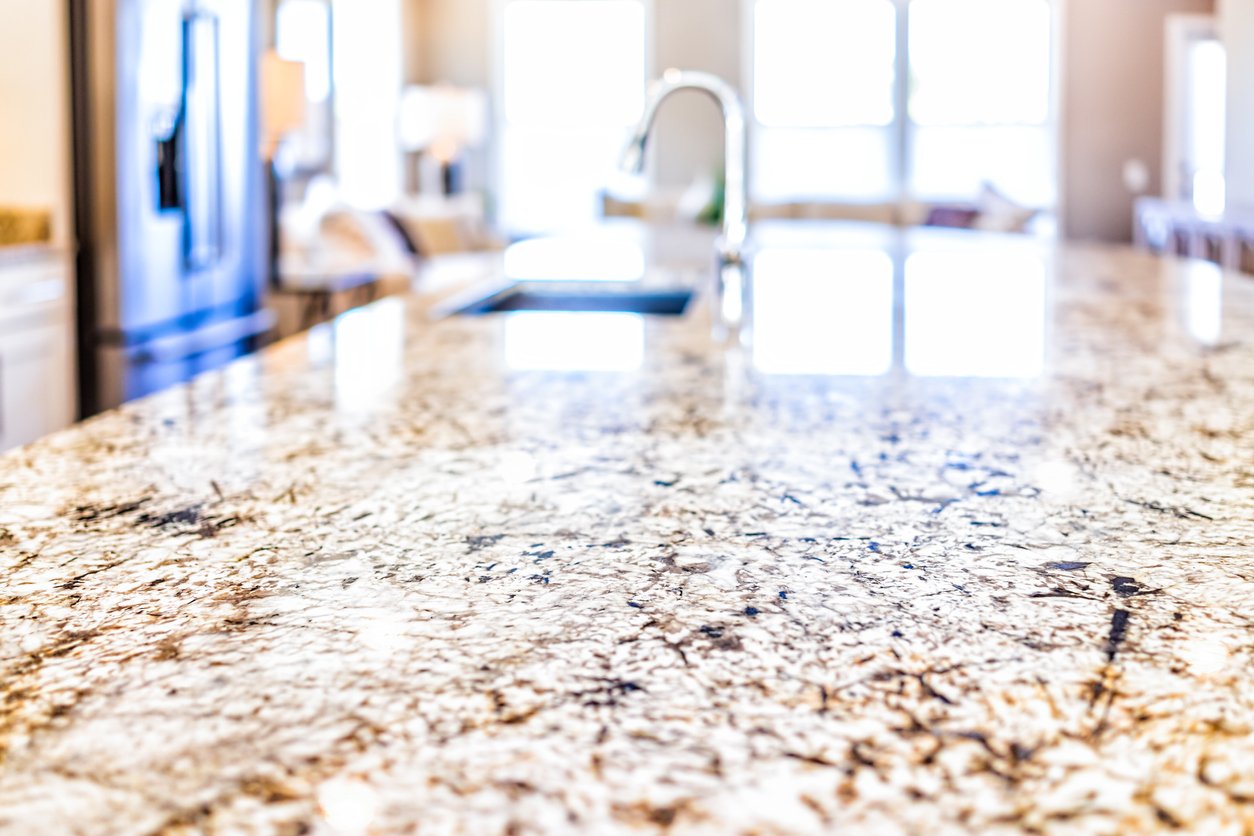

.jpg)
